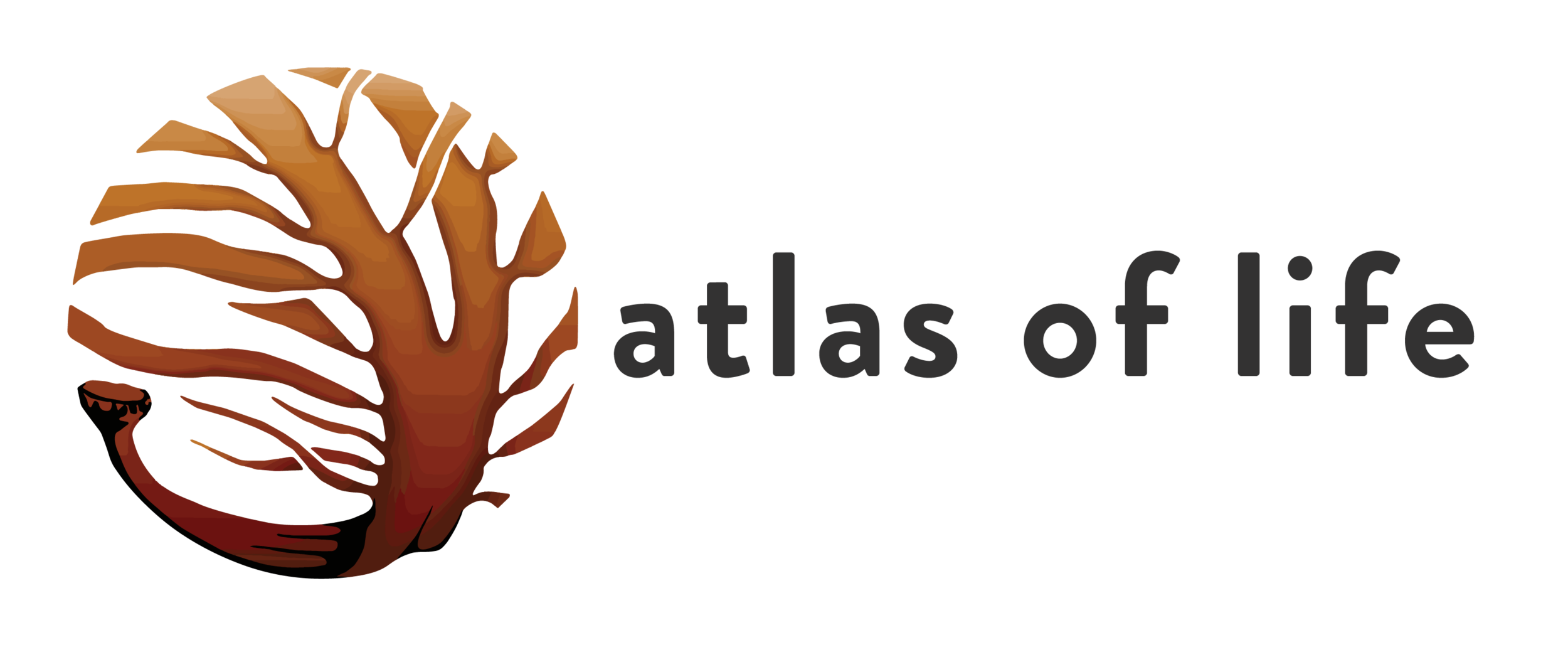WWW? (What's on Winter Wattles?)
TARGET FOR LATE WINTER
Wattles produce huge amounts of pollen, a rich source of protein for visiting insects and other animals. But, for the wattle, at least some of that pollen needs to reach flowers on other trees of the same species. Usually, it’s rather hairy insects that carry out this role … accidental pollinators.
Here’s the dilemma … it’s still too cold for most insects, yet many wattle species flower during Winter. Roger Farrow, local insect ecologist, is keen to know what insects are visiting the Winter-flowering wattles in our region.
Acacia floribunda, with visiting honey bees … and what look to be tiny native bees hidden among the stamens (top right and bottom left). Image: Max Campbell (see NatureMapr sighting, 2nd Aug, 2019)
So take your camera and spend some time in the Winter sun, closely watching for insects coming and going from the wattle flowers near you.
If you are new to using NatureMapr, here is some information to get you started.

